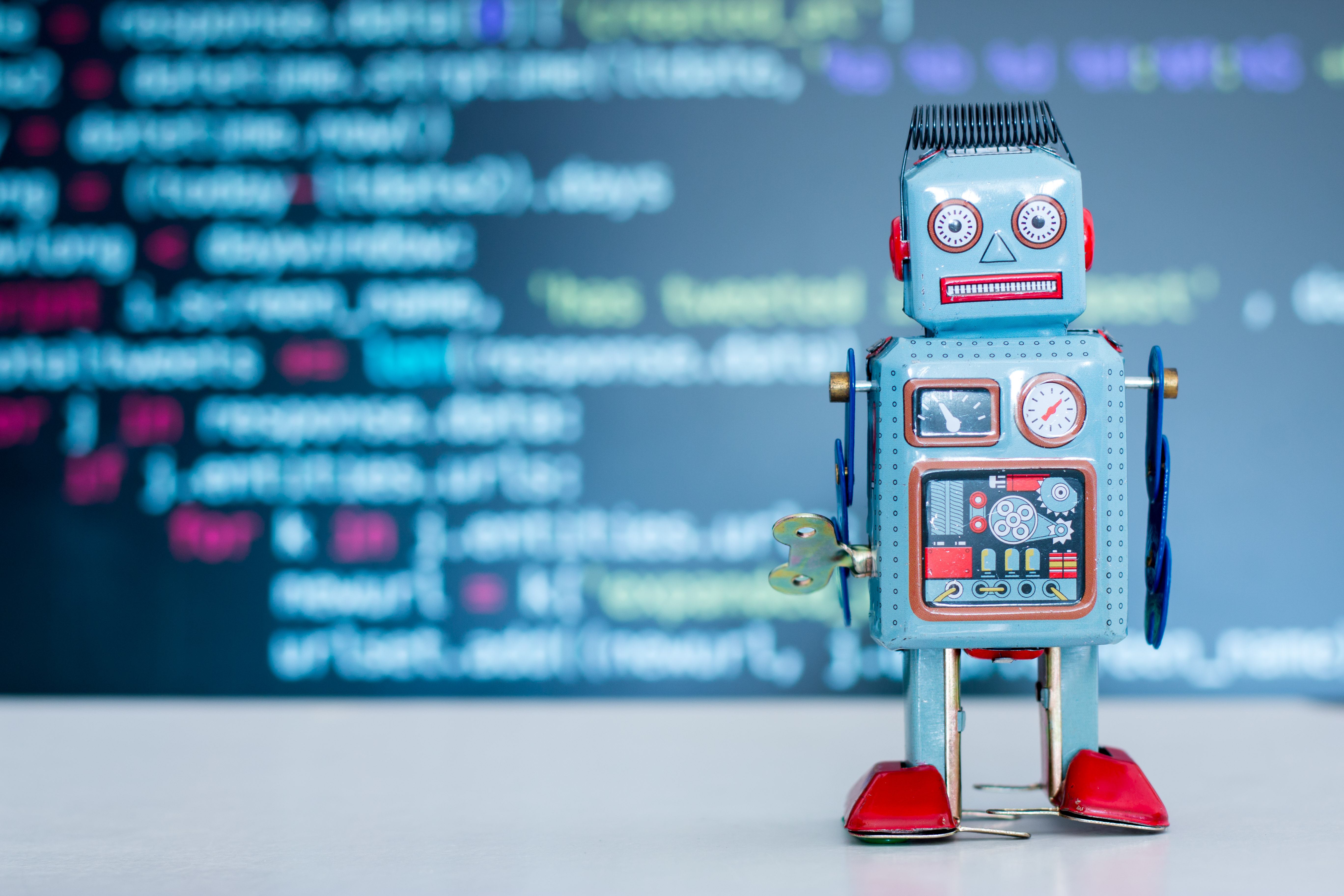
The Hype Around AI Funeral Home Technology
I don’t need to tell you that artificial intelligence (AI) has been one of the hottest topics this year. We’re told that it will change work as we know it, bring about the end of the world, and revolutionize education. The possibilities, both negative and positive, seem endless. Lost in all of this hype is what exactly AI is and how it will bring about all these predicted changes.
The question on many people’s minds is whether AI is the real deal or not. Are these changes going to be more like the impact the internet has had on society? Or are they more like the metaverse and cryptocurrency, innovations that haven’t lived up to the hype? AI really is a huge development that will have major impacts on everyday life and work.
It’s important for those in the death care industry to stay up to date on these changes. Artificial intelligence will have significant impacts on funeral homes, but they might be less obvious and flashy than you might expect.
A Note on Terminology
At its most basic level, artificial intelligence refers to machines that can learn in ways similar to humans. It refers to computer systems that mimic human problem-solving. Machine learning is a subset of AI that uses algorithms to learn and recognize patterns and then uses this information to make better decisions. Deep learning is a subset of machine learning that uses vast amounts of data to train a model.
AI is a broad category that encompasses technologies of vastly varying complexity. AI is what powers the feature in your email that suggests the next word to you. It’s what is used to identify tissue samples to help pathologists more accurately identify cancers. It’s also part of what is used to train self-driving cars.
The breadth of what falls under the AI umbrella can make it hard to tell what people are actually talking about when they claim something is “powered by AI.” Fortunately, for funeral directors the situation is somewhat clearer. Artificial intelligence is likely to impact the death care industry in a few key areas.
AI Funeral Home Tools to Watch Out For
Most aspects of funeral service will not be directly impacted by AI, at least in the near future. AI is not going to embalm anyone. It’s not going to eliminate in-person viewings or memorial services. There are, however, two main areas where funeral homes will very soon see the impact of AI: customer service and process automation.
Customer Service
AI chatbots are already here, and they’re streamlining customer service. This is one of AI’s most visible applications. Many websites, across all industries, now how built-in chat features that make it simple for visitors to find out information. These chatbots are becoming increasingly sophisticated and user-friendly. They make it convenient for people to find out information that might have previously resulted in phone calls to your funeral home. Sophisticated chatbots can also be used to give information about the funeral process or present resources on grief. (In a similar vein, aftercare can also benefit from these sophisticated and personalizable tools.)
View these chatbots as an additive feature and not a step away from personal service. Some visitors would rather use a chatbot to find out service information or your location. Others will still want to call the funeral home. You’re giving people options that can make their experience better. Meeting people where they’re at and helping them is at the very heart of funeral service.
Process Automation
Chatbots are a very visible use of artificial intelligence, but most applications are hidden from view. They improve the experience for the user, but they don’t necessarily look or feel different than the tools you’re already using. AI is great at automating routine tasks. If you routinely need to copy the same data into multiple applications or if you’re constantly requesting the same forms, AI can make this faster. If your CRM isn’t currently rolling out new AI-powered features that automate your tasks, they will be soon. (And if they don’t do it soon, it’s probably time to look for a new provider.)
One of the most promising aspects of AI is the amount of time it can save. In some industries, this is worrying because of the number of jobs it stands to eliminate. The funeral industry, on the other hand, has continually dealt with staffing shortages. Better process automation can significantly improve the work experience for funeral directors. It allows them to spend more time caring for families and less time filling out paperwork. That’s the type of improved work enviroment that leads to better employee retention.
Digital Marketing
I would be remiss to not mention the impact of AI on digital marketing. Various specialized tools have already incorporated AI in ways that make them more efficient and powerful. These new features are streamlining both the content side and technical side of digital marketing. What does this mean for funeral homes? The main takeaway is that these new tools should make digital marketing services somewhat cheaper due to the improvements in efficiency. (Some of these technologies also make digital marketing more complicated, but that’s mostly a problem for marketing agencies to solve.)
Conclusion: AI Funeral Home Tools are Here to Stay
AI is a tool. And, like any tool, it’s only as good as the person using it. Now is the time to learn. Numerous AI integrations promise to streamline business processes and customer service. Funeral homes that embrace this changing technology put themselves in a place to provide quality service for more families.
Yes, there’s lots of hype around AI. But the technology offers real benefits to the funeral industry (and most other industries). Any tool that allows funeral directors to concentrate more on serving families ought to be embraced.
